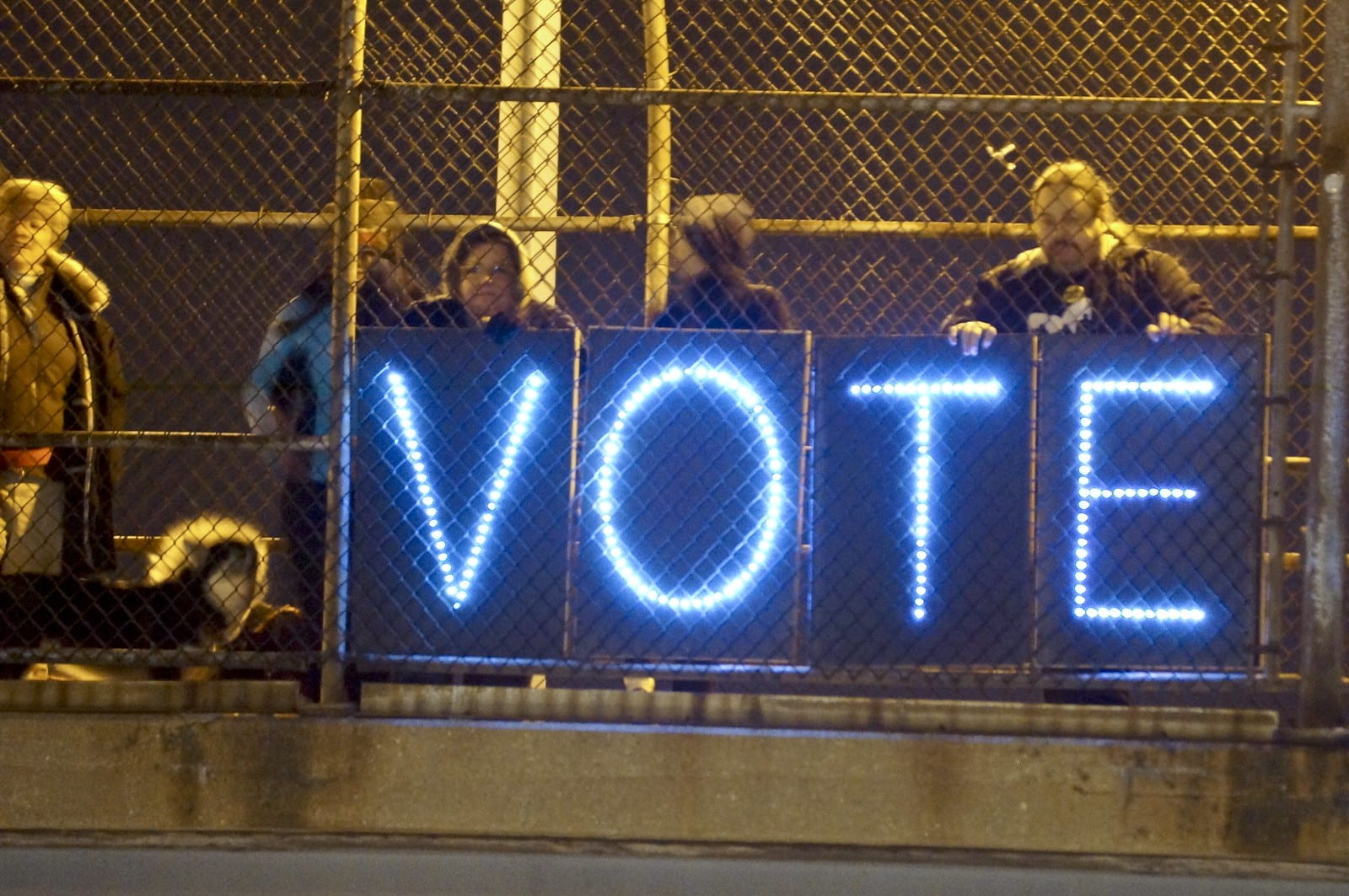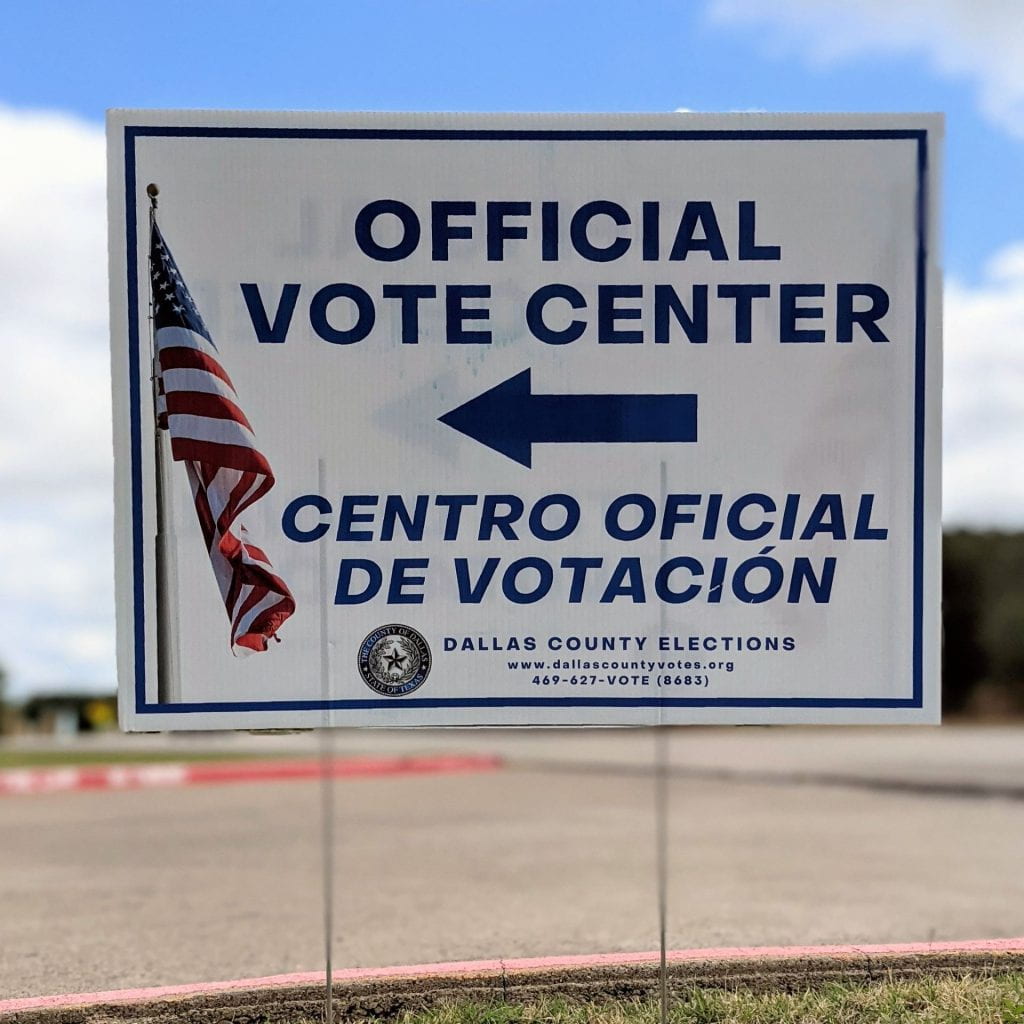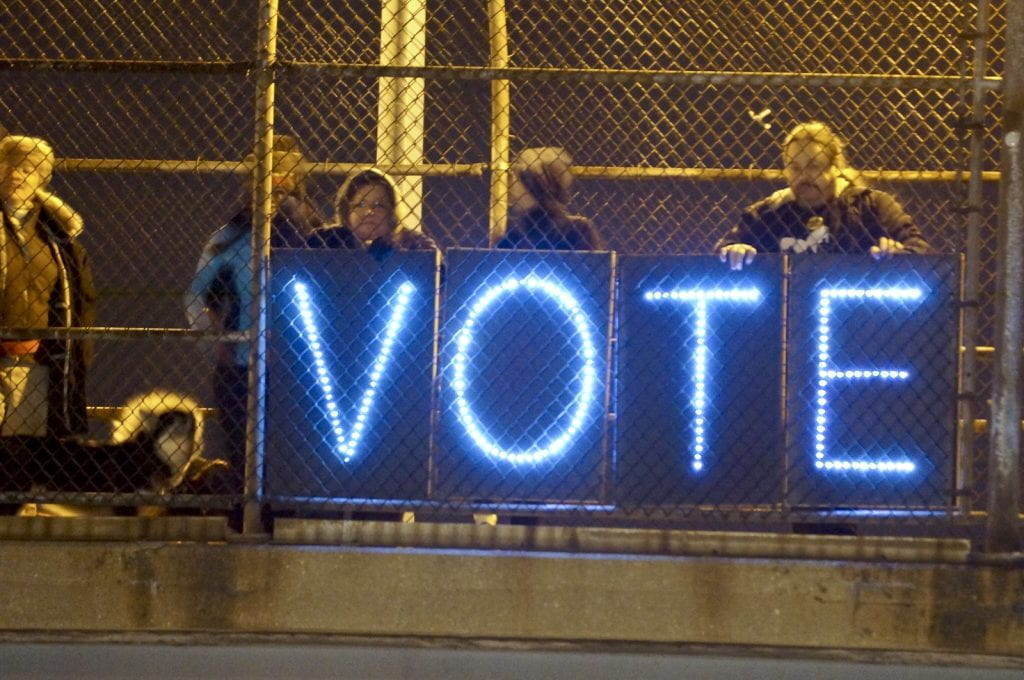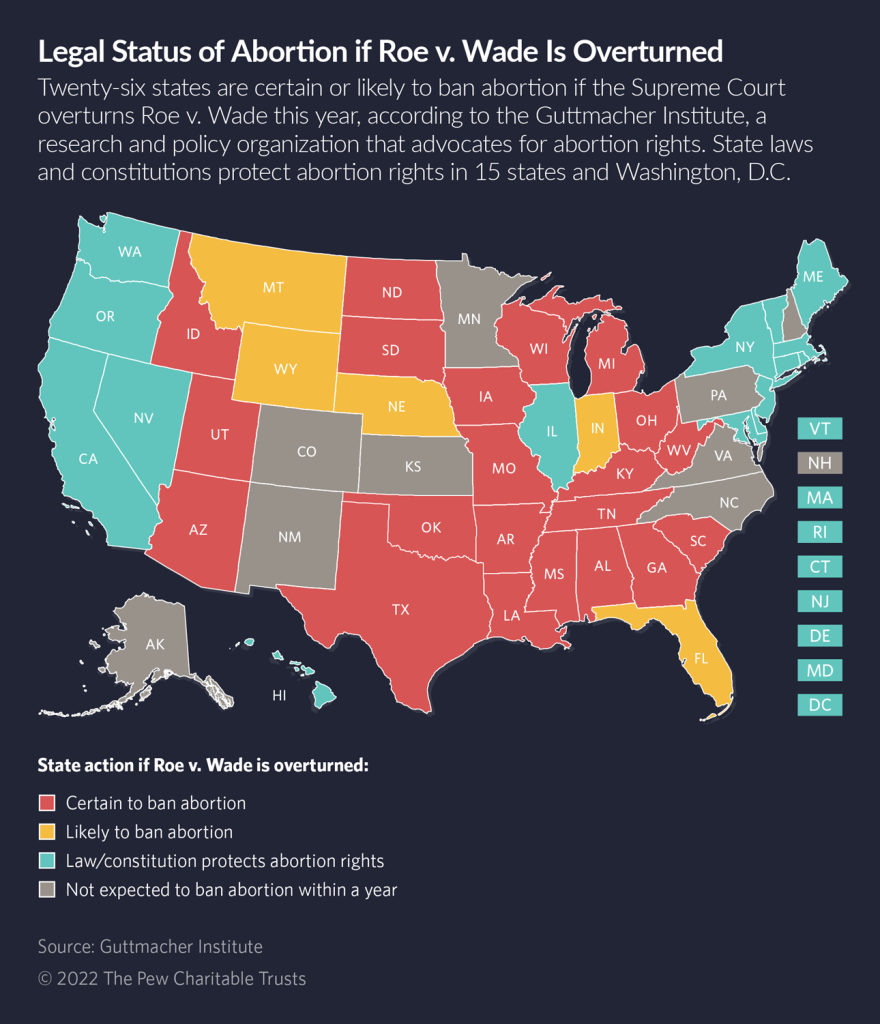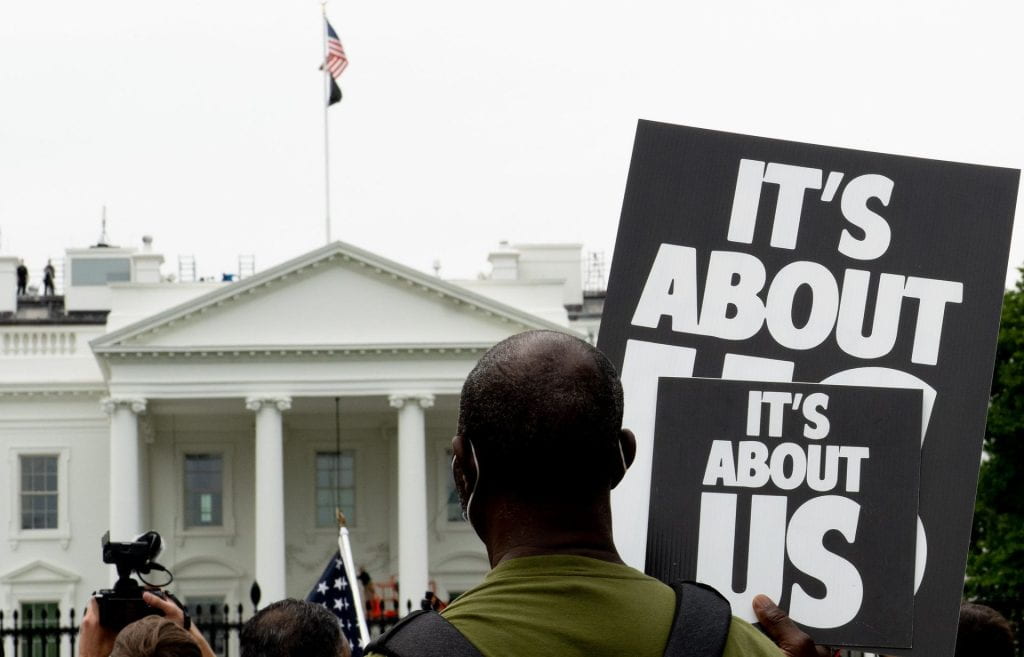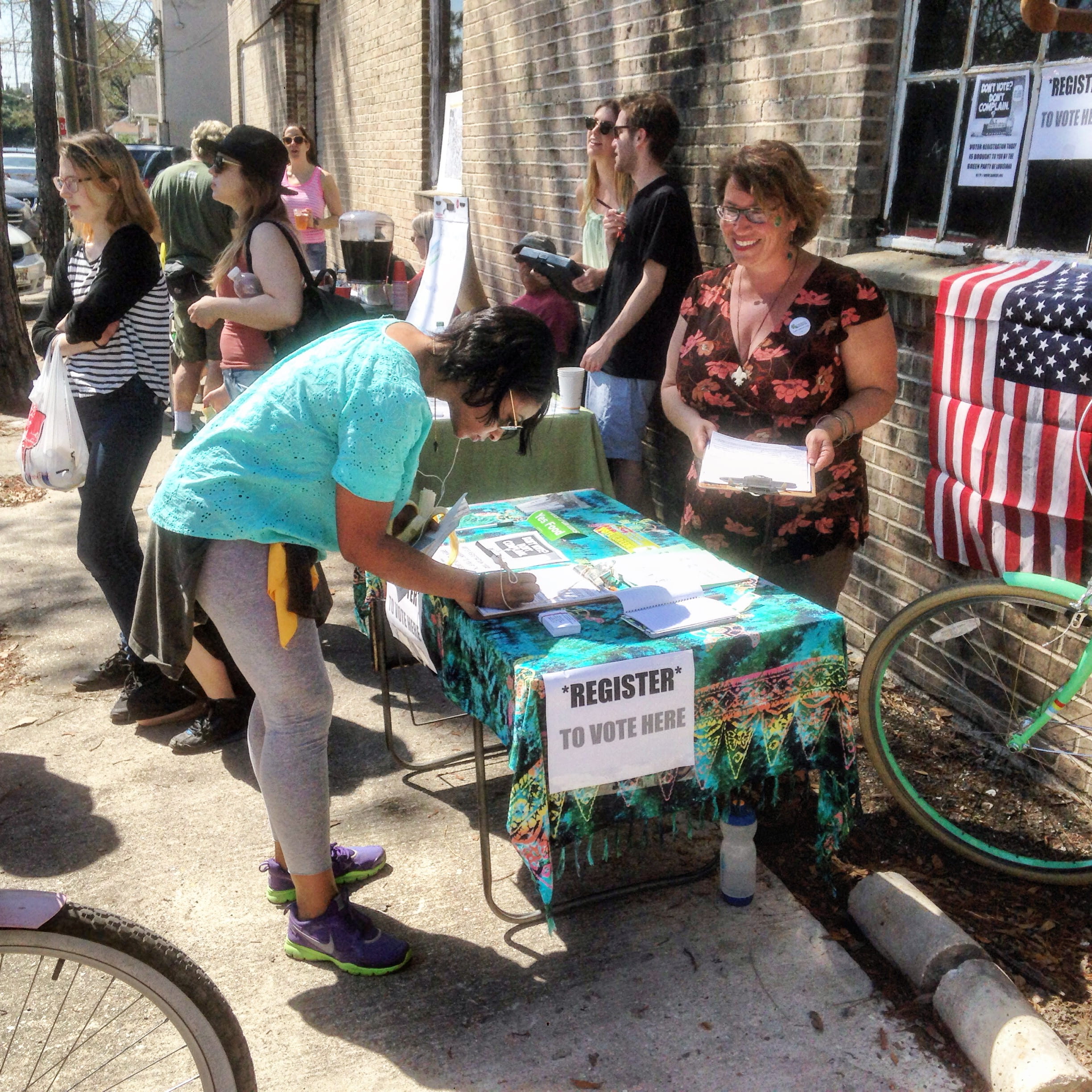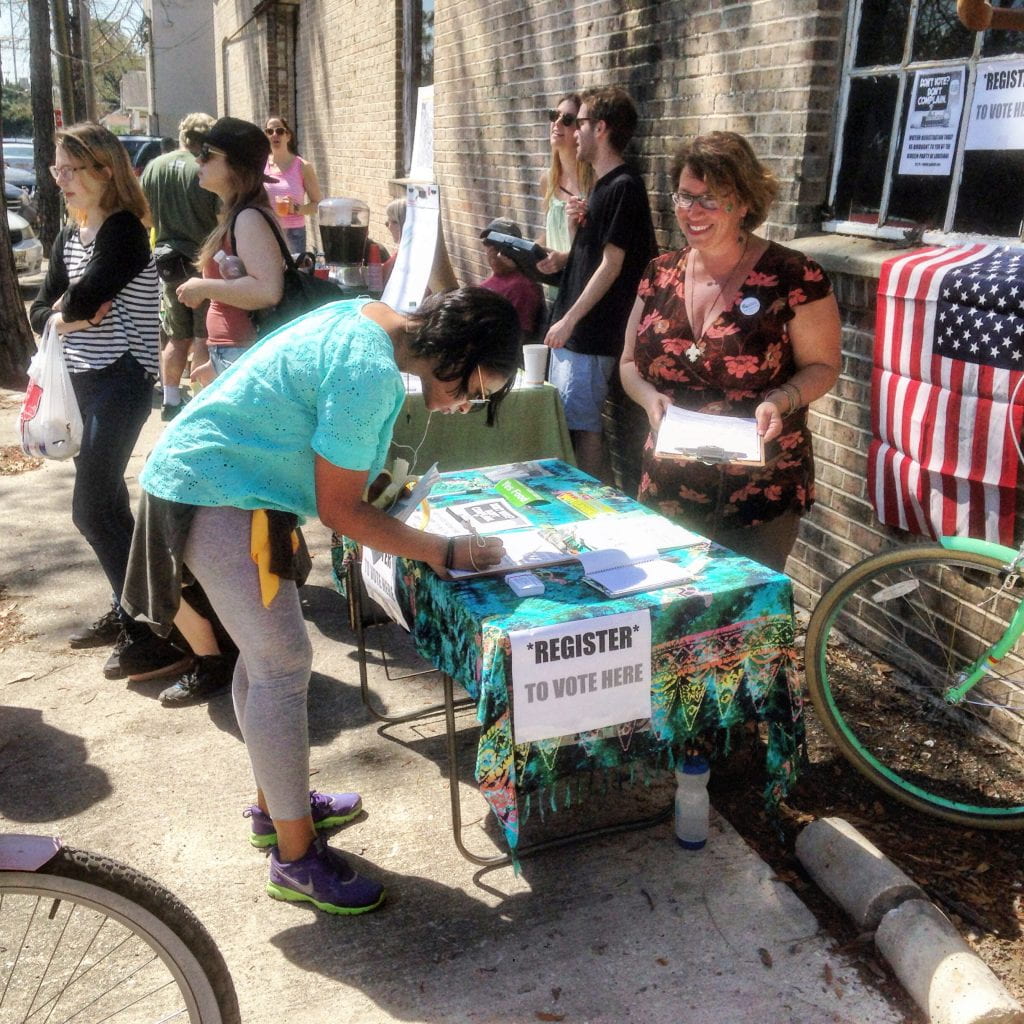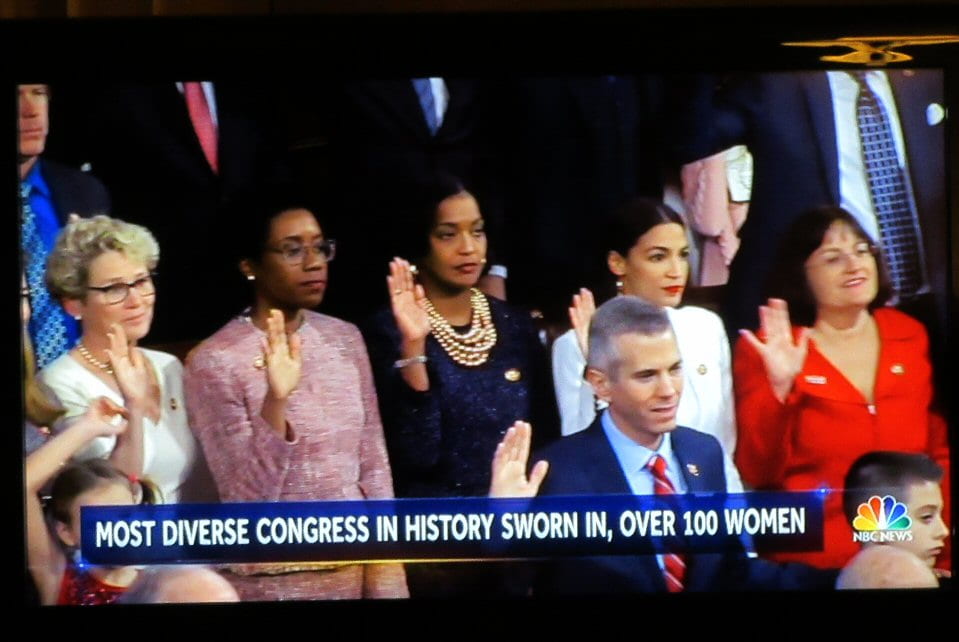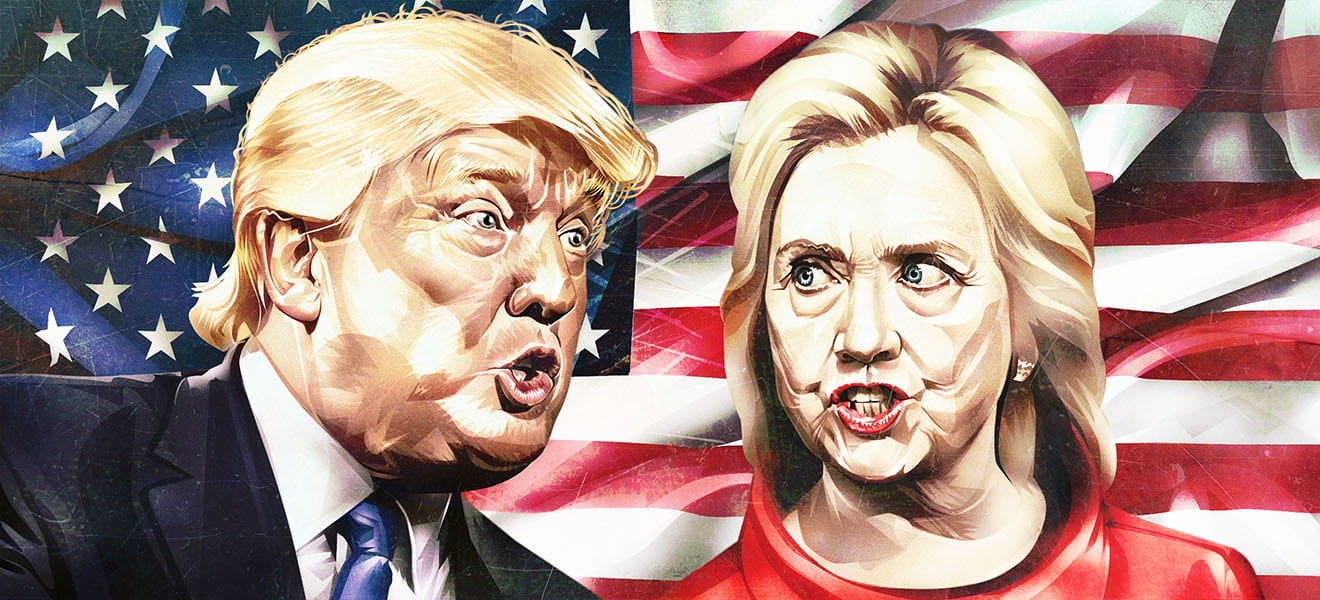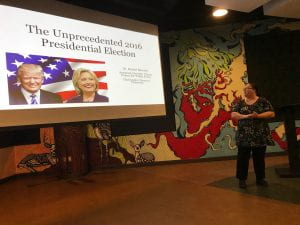On February 23, 2025, Germany held its federal snap elections, where it sought to reestablish stability in the parliament following the collapse of the previous government coalition. The results triggered global concern as Alternative for Germany (AfD), the country’s far-right party, finished second place, securing roughly 20% of the total vote and 152 parliamentary seats. Though the AfD will likely lack sizable influence within the parliament, unable to form a coalition and secure a majority, its rise in popularity prompts concern due to the party’s extremist ideology and questionable ties with the infamous Nazi Party. This electoral success also warrants discussion due to the impact wealth inequality played in achieving this second-place finish. Furthermore, AfD’s astonishing success aligns with a shift towards conservatism and democratic backsliding throughout Europe and the world.

Understanding the Election Results
In a parliamentary system, a party’s presence in government tends to be directly tied to its popularity in an election, with seat allotment being proportional to the percentage of votes received. As Germany’s parliament has 630 seats, holding 316 is necessary to have a majority. However, due to the number of parties, it’s unlikely that one party will achieve over 50% of the vote, resulting in the formation of coalitions to meet this threshold. This method of governing allows more parties to have a voice in the government, therefore being more representative of its constituents; however, it can also lead to gridlock if coalitions cannot be created.
Parliamentary systems reflect the political sentiment of a given time, making the shocking rise in the AfD much more apparent and concerning. The recent election saw the platform nearly double its support from the 2021 election, receiving 152 seats in parliament, totaling 20% of the vote, and granting them a second-place finish. Regardless of its sudden peak in popularity, its vast list of controversies will likely prohibit the party from holding consistent power within parliament, unable to form a coalition, though efforts have been made in the past by moderate parties to work together on stricter immigration policies.
The incumbent party, the Union Parties (CDU/CSU), garnered 28.6% of the vote, which is represented by its share of 208 seats. Though it still finished first, its former coalition partner, the Social Democratic Party (SPD), saw a dip in support, achieving only 16% of the votes, or 120 seats. Interestingly, this election saw an astonishingly high voter turnout of 82.5%, the highest it has been since the reunification of East and West Germany in 1990, highlighting the universal feeling of importance surrounding this election. Similarly, while one in five Germans voted for the AfD, almost 70% of voters view the party as a threat to democracy, implying a huge divide between the group’s supporters and its opposition. Between the high turnout and the division in AfD support, it is clear that many German citizens viewed this to be a critical election.

AfD Ideology and Actions
The AfD is home to traditionally conservative and undemocratic policies, having questionable ties to Germany’s infamous Nazi Party. Regarding policy, the AfD is largely centered around nationalistic ideals and nativist ideology. Leading up to the 2025 election, AfD party member Alice Weidel declared that, if voted as chancellor, she would support a remigration program, a large-scale, forceful return of immigrants to their native countries. This message was furthered through their use of Nazi-reminiscent advertisements, which exclusively depicted native German people and encouraged heterosexual German couples to have children in the hopes of returning to a true native populace. These advertisements have also been criticized for their advocacy of traditional gender roles and family values and for reinstating the idea of German purity.
However, concerns around the AfD go far beyond policy, as the party has held questionable views regarding the country’s Nazi past. A big objective led by the AfD and its supporters has been to demolish the firewall, a term referring to the open condemnation and banning of Nazi-affiliated slogans, symbols, and gestures. Ending this societal norm would further the party’s aim to place less societal focus on the Holocaust and, in turn, remove structures that punish those who use harmful language. This would benefit AfD leaders: In 2017, an AfD party official was fined for using the Nazi-era phrase “Everything for Germany” during a speech. Later on, this same official called the Berlin Holocaust Memorial a “monument of shame,” arguing that the country needs to completely change how it remembers its past. Similarly, Weidel has referred to Holocaust remembrance as a “cult of shame,” a phrase often used by Holocaust deniers and anti-semites to diminish memorialization efforts.
What is further concerning is that international supporters have supported the party’s mission to distance Germany from its past. In the run-up to the 2025 elections, Elon Musk spoke at an AfD rally where he encouraged the country to end its period of guilt. He told the audience to “be proud of German culture” and not to “lose that in some sort of multiculturalism that dilutes everything.” United States Vice President JD Vance shared a similar sentiment at the Munich Security Council, stating that “there is no room for firewalls” with free speech. Not only have these efforts resulted in a return to Nazi-era rhetoric and rejection of the past, but it has also led to the sharing of misinformation. In an interview with Elon Musk, Weidel touted that Hitler “wasn’t a conservative” and that “he was a communist, socialist guy,” despite his recorded hatred of communism and its supporters. As the party and its supporters –both foreign and domestic– continue to push back against firewall practices, Germany could see a return to the use of Nazi-era rhetoric and blooming ignorance regarding its history, a future that could put the current state of democracy in the country at risk.
The common thread between these policies and ideology is that they all aim to reinstate national pride in German culture at the expense of inclusivity and diversity, which have been fought for since the aftermath of World War II. This allows for the normalization of nativism, along with placing nationalism and conservatism back into the mainstream.

Impacts of Wealth Inequality
A myriad of factors could have contributed to the AfD’s sudden rise, one of which was national wealth inequality, specifically the divide between former East and West Germany. During the reunification of these territories in 1990, East Germany, a former communist society, struggled to adapt to the economy of the West due to its use of outdated technology and reliance on heavy industry. Because of this, many East Germans lacked the necessary training to work in a more modern society, entering this period of unification by losing their jobs and struggling to find new opportunities. The impacts of this are still being felt over 30 years later, as former West Germans on average hold double the amount of wealth as their East German counterparts. This divide is no longer just economic; it is now political. Recent election maps show that AfD was the popular choice in the vast majority of former East German states. This region has also recently helped the party clench its first state-level position in 2024, showing the rapid growth in the AfD over the recent years.
This development is not unique to Germany, as it has been shown that increased wealth inequality positively influences the popularity of right-wing populist ideology. As Equality Trust explains, extreme wealth inequality can lead to an erosion of trust in democratic institutions and politicians, likely influenced by feelings of deprivation and isolation. As inequality rises, these emotions become more commonly felt as populations feel excluded from society, drawing people towards populist parties on both sides of the political spectrum. This would explain why, in the case of Germany, the Left Party also saw an increase in popularity throughout the East. Furthermore, it has been found that a one-unit increase in income inequality almost directly translates to increased support for populist parties. Similarly, a small increase in wealth inequality can have a moderate impact on institutional trust, meaning that even small raises in national wealth disparity can have larger impacts on citizen approval in democratic institutions. This can influence what candidates are chosen and explain why it seems many people are turning towards anti-establishment, nationalistic politicians. While this tendency towards right-wing populism normally occurs when coupled with prior feelings of nationalism and political paranoia, increasing gaps between the wealthy and poorer segments of society can push people to support more extremist right-wing factions. This realization could help explain how the AfD has quickly risen to the mainstream and why such large voting differences occurred between former East and West Germany.
Conclusion
Between the party’s Nazi-reminiscent rhetoric, external pressure to detach from its past atrocities and the modern-day manifestations of long-standing wealth inequality, this rise in the AfD is worth following. Though it is unlikely that the party will hold consistent parliamentary authority, it does risk expanding influence in the future and eroding democratic stability in Germany. This event also follows the global trend towards conservatism and specifically the impact this has had on democratic backsliding within Europe.












